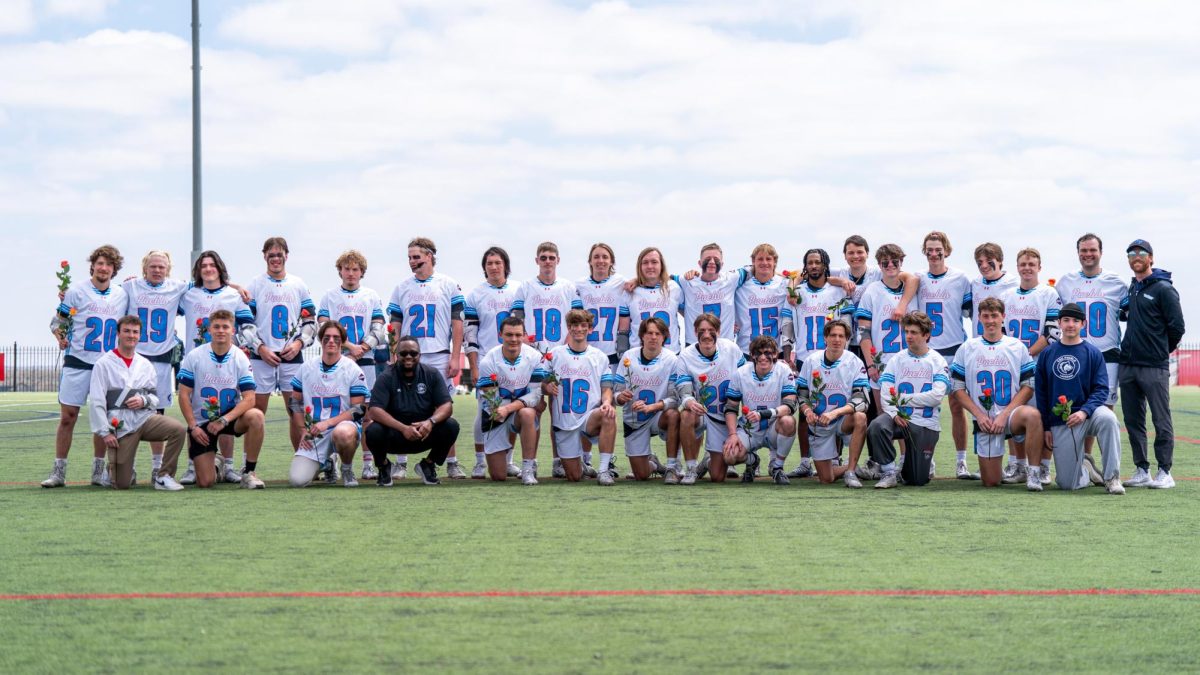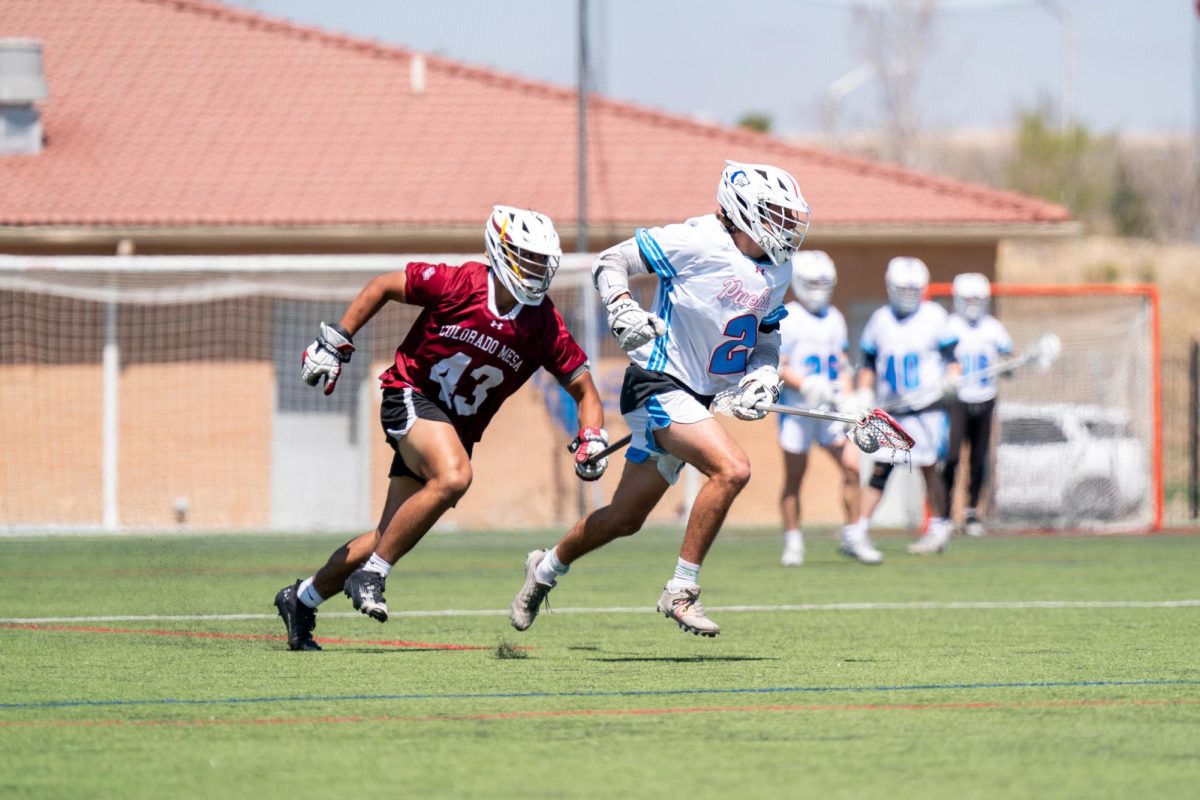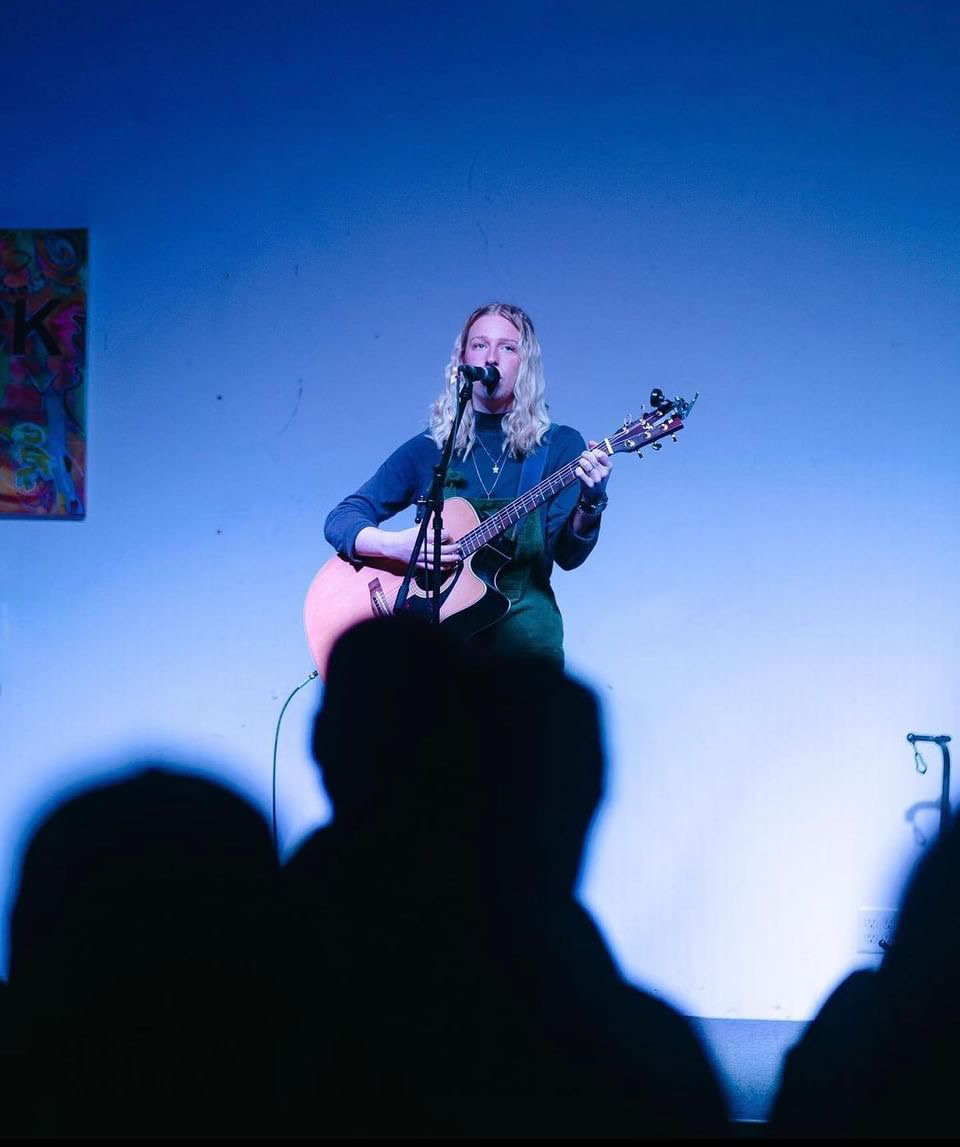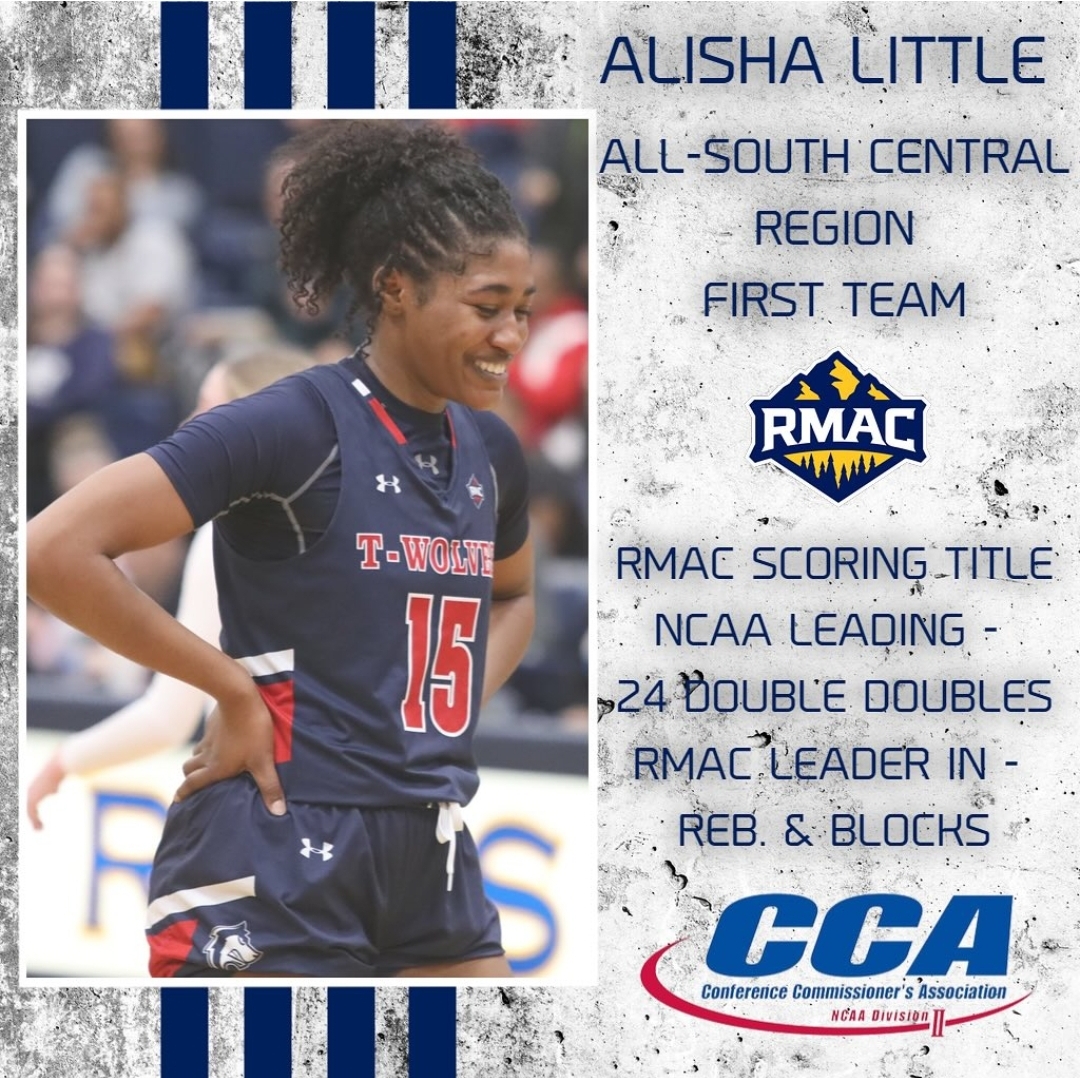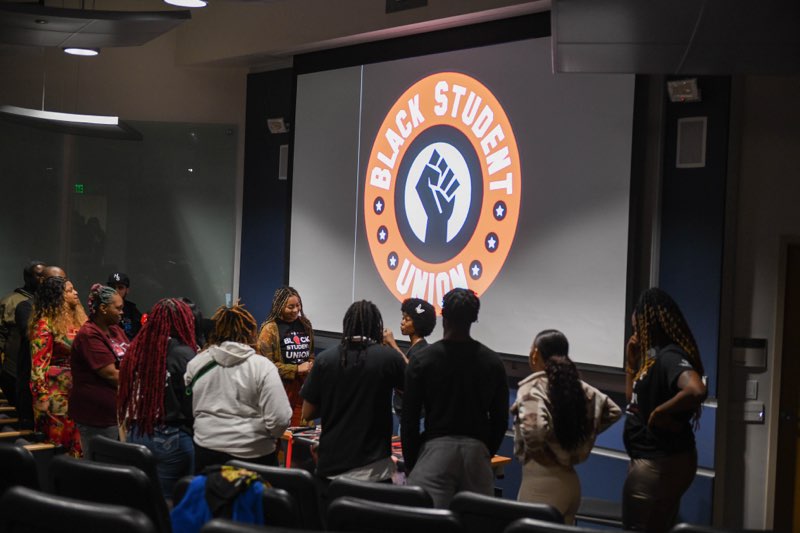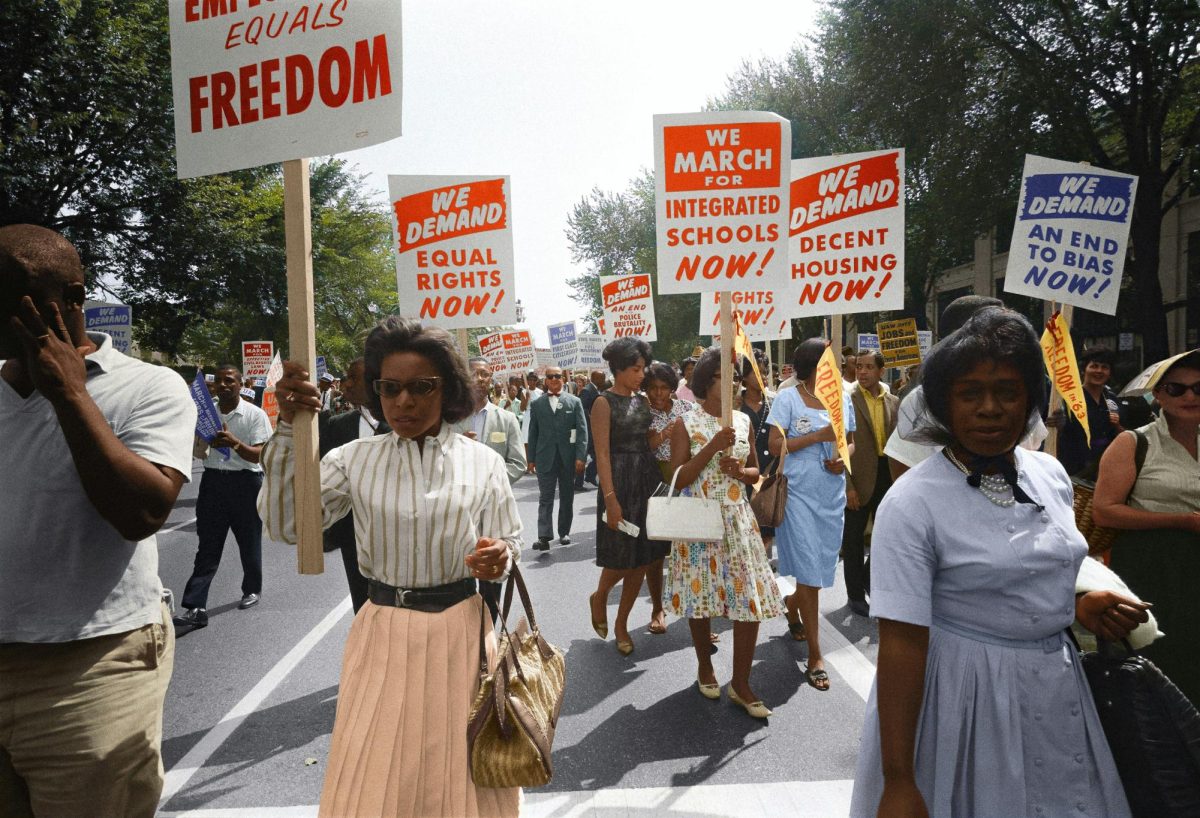Citizen journalism is a concept in which non-professional reporters write and report the news, author Ron Ross told mass communications students during a recent lecture at Colorado State University-Pueblo.
“Citizen journalism is as old as newspapers,” Ross said, “but newsrooms are shrinking and newspapers are folding every day. Citizen journalism, however, has never gone away, and you can be a part of it.”
Along with Susan Carson Cormier, Ross, wrote, “Handbook for Citizen Journalists,” which gives non-professional reporters a crash course as to the pros and cons of citizen journalism.
From the book, students can learn to define and write news, feature and sports stories, conduct interviews, generate story ideas and edit material. Readers also could learn how to get their news articles read, and the similarities and differences between professional and citizen journalists.
Ross, who co-founded the Denver-based National Association of Citizen Journalists, said, “Citizen journalism is exploding all around us, and it’s getting bigger every day.”
As co-founder, Ross motivates and supports citizen journalists who desire to inform the public on community happenings. Cormier, who is head coach of the NACJ, teaches basic news writing skills to people who wish to be citizen journalists.
You needn’t possess professional journalism skills, Cormier said, and having a desire to write and report the news is the only requirement to work as a citizen journalist.
“I love the news business,” Cormier said. “Journalists have the opportunity to meet people, ask questions and write about world events.”
Cormier said she got “hooked” on journalism after her articles as a citizen journalist appeared in local newspapers. Since then, she has served as a broadcast writer, reporter, assistant city editor, legislative bureau chief and public information officer.
“Newspapers are going away, and professional journalists are losing their jobs,” Cormier said. “I want citizen journalists to know how to interview people and write well. I see these people working alongside professional journalists to keep the public informed.”
Because professional journalism was young at the time, there were no reporters to chronicle the adventures of Marco Polo, Columbus’ voyage to America or American Revolution, Ross said. However, the news still got published.
“Who informed the public about these events?” Ross asked students. “The answer is citizen journalists, people who wrote about what was going on around them. The term, ‘journal-ist’ comes from these people who wrote everything in journals.”
Ross said he earned his first front page byline writing for his high school newspaper, and as a citizen journalist who reported sports scores to a local radio station. However, communication has changed, he said, and that the Internet has made this change possible.
“When I was your age, I wrote and mailed a letter if I wanted to communicate with mom and dad,” Ross said as students laughed. “Nothing in the history of mankind has hit our planet like the Internet. I believe citizen journalists can help keep the news industry alive through this technology.”
Unfortunately, not everyone who wants to be a citizen journalist writes well, Ross said. Most untrained writers don’t take time to hone their writing skills, which leads to inaccuracy and wordiness. The best way to become a good writer, he said, is to read and write, and read and write some more.
“We are entering the Darwinian era of journalism in that only the strongest will survive,” Ross said. “That means you must write and keep writing. Also, double-check your facts as accuracy and fairness draws an audience into a news story.”
During the lecture, Cormier said times have changed from the days of composing news stories on a typewriter. However, writing well and checking your story for accuracy will never go away.
“Does anyone know what a typewriter is?” Cormier asked, laughing.
Ross, a former pastor and missionary in Africa, said he has spent much of his life writing, teaching and working as publisher of an entertainment weekly in Douglas County, Colo. He encouraged students to take notes, ask questions and learn from professors.
“Your professors get paid big bucks to teach you, so be a nuisance and ask lots of questions,” Ross said as students applauded. “Be a sponge and soak up information.”
Citizen journalism is wild and untamed, and is not going away, he said. Americans are in the midst of a great revolution, and that more and more citizen journalists are taking advantage of reporting the news. There has never been a better time than now to take advantage of this opportunity, Ross said, but you must be willing to take risks.
“Don’t be afraid to take advantage of this wonderful opportunity, and to explore new ideas,” Ross said. “Be a pioneer and have fun doing it.”
You can learn more by e-mailing Ross at [email protected] or blog www.RonRossToday.com. You can e-mail Cormier at [email protected], and her blog can be found at www.SusanCormier.com.




